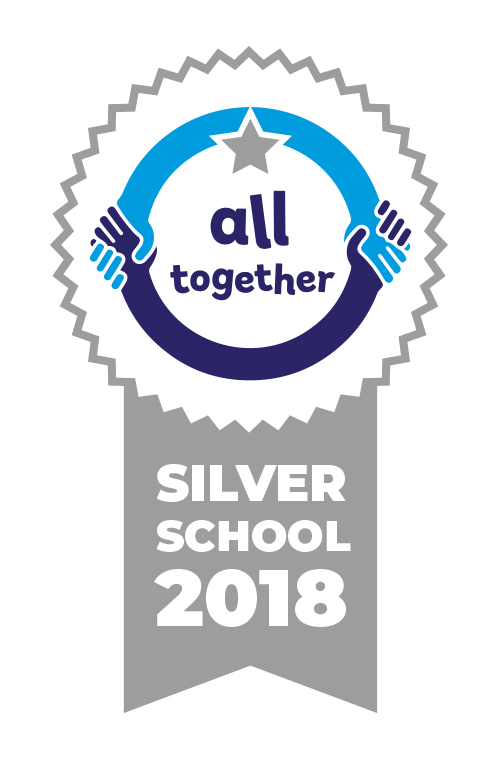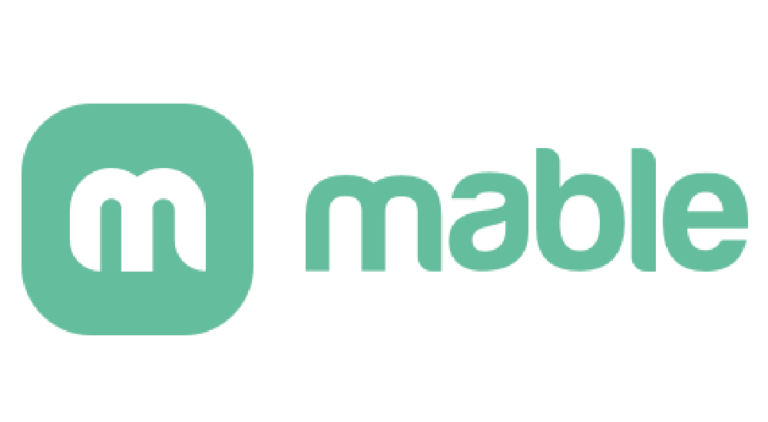Our Academy
Safeguarding
Keeping Children Safe – Safeguarding. Information for Parents and Children.
There is information in this section on:
- Who to contact at Bournville School as well as outside organisations
- Our safeguarding policy
- Bullying
- Internet safety
- Mental health
- Child sexual exploitation
- Teenage relationship abuse
- Gangs
- Drug and alcohol abuse and gambling
- Young carers
- Extremism and radicalisation

We have received an award from the Anti-Bullying Alliance
Who should I speak to if I am concerned about a child?
For most concerns regarding children at Bournville School you should contact your child’s form tutor or Head of Year:
- Assistant Principal -Pastoral and DSL Lead – Miss K Wheeler – k.wheeler@bournville.fmat.co.uk
- Primary phase: Principal of Primary – Miss N Briner – n.briner@bournville.fmat.co.uk
For student support and Welfare concerns:
- Assistant Head of KS3 – Year 7: Mr Hutchinson – j.hutchinson@bournville.fmat.co.uk
- Head of – Year 8: Mr Ellis – g.ellis@bournville.fmat.co.uk
- Assistant Head of KS3 – Year 9: – Mr O’Garro – g.ogarro@bournville.fmat.co.uk
- Assistant Head of KS4 – Year 10: Miss Boyle (deputy DSL) – e.boyle@bournville.fmat.co.uk
- Assistant Head of KS4 – Year 11: Miss Boyle – (deputy DSL) e.boyle@bournville.fmat.co.uk
- Head of KS3 – Miss A McShane – a.mcshane@bournville.fmat.co.uk
- Head of KS4: Mr P Lowe – p.lowe@bournville.fmat.co.uk
- Well Being Lead: Miss V Russell (deputy DSL) – v.russell@bournville.fmat.co.uk
- If you have an urgent safeguarding concern you can contact Miss K Wheeler on 0770 434 5086
If you do not want to talk to someone in school, two excellent organisations for advice all aspects of children’s safety and wellbeing are NSPCC (0808 800 500) and childline (0800 1111)
Members of the public can report concerns they have about children to the NSPCC or to Birmingham Children’s Trust.
What is your safeguarding policy?
- Our safeguarding and child protection policy can be found on our policies page.
Bullying: How should I report bullying?
- Contact your child’s form tutor or Head of Year.
- You can also make a report of bullying through the Sharp System. Reports through the Sharp System can be anonymous, although please bear in mind that we are not always able to take action if we do not know the name of the bully and the victim.
- Our anti-bullying policy can be found on this page.
E-Safety: What should I do if I am worried about something that is happening to me, a friend, or my child online, or if I want to teach my child about online safety?
At Bournville School we teach our students how to use modern technologies appropriately to support their learning across the curriculum. The internet can provide a world of opportunities to those who use it securely. Whilst pupils are using technologies at school there is a variety of software that runs in the background, designed to help keep students safe.
It is essential that students learn how to keep themselves safe whilst using the internet and students at Bournville learn about ‘e-safety’ regularly. However it is also important that parents and carers understand the importance they play in this role. Below you will find links for both students and their parents / carers about how to keep safe on the internet.
You can always contact us at school, but the following organisations are also helpful:
- Two of the best all round websites for learning how to keep yourself and / or your child safe online, and reporting anything you are concerned about is the NSPCC and Childline
- Are you worried about online sexual abuse or the way someone has been communicating with you online? You can contact the Child Exploitation and Online Protection command
- CEOP also run the Thinkuknow website, with sections for children and parents
- If you would like to know more about how to teach your child to stay safe online you can also visit Childnet or Internet Matters which contains guides to staying safe on popular websites and apps like Instagram, Snapchat, Facebook and Roblox.
Mental Health: Who should I talk to if I am concerned about my own or someone else’s mental health? This would include anxiety, depression, suicidal feelings or self harm.
You can always contact us at school, but the following organisations are also helpful:
- Forward Thinking Birmingham is the city’s mental health partnership for 0-25 year olds
- For information and advice you can also visit NSPCC and Childline and Students Against Depression
- The Samaritans are a major charity helping people who help people who are having suicidal feelings Samaritans
- Kooth is a new free, safe and anonymous service to support young people’s emotional and mental health in Birmingham
Child Sexual Exploitation: What should I do if I am worried about sexual exploitation?
You can always contact us at school, but the following organisations are also helpful:
- Barnardos have a website section with information and advice on child sexual exploitation
- See Me Hear Me gives young people, parents, teachers and school leaders practical advice and information about sexual exploitation, the risks along with help and advice
Gangs: What should I do if I am worried about someone being involved in gangs?
You can always contact us at school, but the following organisations are also helpful:
Addiction to gambling, drugs or alcohol: I am worried about my own or someone else’s use of drugs and alcohol, or gambling – what should I do?
You can always contact us at school, but the following organisations are also helpful:
- Aquarius offer support to people who have an addiction to drugs, alcohol or gambling
- The NSPCC have a sections on alcohol including a dedicated helpline
- Talk to Frank are an organisation that educates young people about drugs
Young Carers: Someone I know is a young carer, how can I get them help and support?
You can always contact us at school, but the following organisations are also helpful:
- Spurgeons are nationwide charity who support young carers
Extremism and Radicalisation: What should I do if I am worried about extremism or radicalisation?
You can always contact us at school, but the following organisations are also helpful:
- This website gives parents, teachers and school leaders practical advice on protecting children from extremism and radicalisation: educateagainsthate.com
Support for Families: How can I access support for my family?
You can always contact us at school, but you can also contact Northfield Families using the Family Connect Form- Self Identification or emailing northfieldfamilies@northfieldcommunity.org
Northfield Families can help with:
- Emergency grants of up to £100 towards food and fuel costs
- Food parcel delivery
- Fuel vouchers
- Free access to parenting courses
- Access to emergency family grants
- Referrals to baby banks and services
- Benefits, housing, and employment advice
- Referral & signposting to mental and emotional health services
- Signposting to other supportive and recreational services via our community connectors





